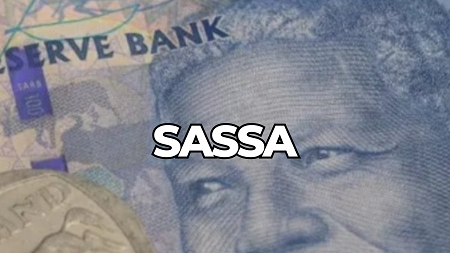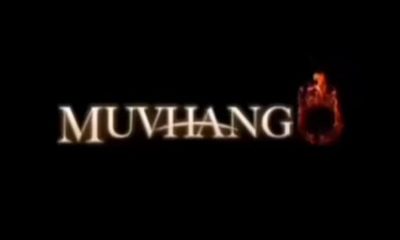Lifestyle
6 Things Most South Africans Are Really Spending Their SASSA Money On

SASSA, short for the South African Social Security Agency, is a government institution responsible for distributing monthly social grants to millions of South Africans. Whether it’s the Child Support Grant, the Older Person’s Grant, or the R370 SRD grant, these payments are often the only consistent source of income for many households.
But while these grants provide a vital safety net, the truth is they barely stretch far enough. So, what do people really do with their SASSA money once it hits their account? The answers tell a deeper story of survival, priorities, and hard choices made in tough times.
1. Food Comes First — But It Doesn’t Last
The first and most obvious destination is food. With the cost of living climbing each month, basic groceries like maize, sugar, bread, milk, and cooking oil are urgent priorities. A lot of recipients head straight to Shoprite, Boxer, or corner stores the moment the grant arrives. Sadly, many say their SASSA money doesn’t cover even a full month’s worth of food—it barely lasts a week. After that, it’s back to borrowing, hustling, or relying on family until the next payday.
2. Child Grants Go Straight to Baby Essentials
For parents receiving the Child Support Grant—currently around R530 per child—the situation becomes even more challenging. That money usually disappears into baby-related essentials within days. Nappies, wet wipes, bum creams, and Vaseline are all necessities. Some parents rely heavily on stokvels, family support, or side hustles just to stay afloat. Many end up sacrificing their own needs so their children have what they need most.
3. Debt Devours a Large Chunk Before It’s Even Spent
The reality for many is that debt is already waiting before the grant even arrives. Loans from mashonisas, unpaid airtime or electricity, or quick loans taken out for emergencies often consume a large chunk of the payment. Some recipients hand over nearly half their grant each month to pay off what they owe. Loan sharks actively target SASSA recipients because they know the exact date money will come in. The debt trap is deep and hard to escape.
4. Electricity, Airtime, and the Cost of Staying Connected
Even with load shedding, electricity is a basic need. People use it for cooking, preserving food, heating water, and charging phones. Part of the grant often goes toward R50 or R100 worth of electricity tokens—which don’t last long. Airtime and data are also key expenses, especially for those searching for jobs or staying in touch with loved ones. Some have found ways to hustle within this: buying electricity in bulk and selling it in smaller portions to neighbours.
5. Household Essentials Add Up Quietly
Maintaining a clean, functional home also takes money. Basic items like soap, washing powder, lotion, toothpaste, and sanitary pads are everyday needs that slowly eat away at what’s left. Even when families shop for the cheapest brands, these things quickly pile up at the till. Many parents will go without toiletries themselves just to make sure their children have what they need. It’s an invisible sacrifice repeated across countless households.
6. Small Luxuries, Takeaways, and Quick-Cash Temptations
Not all spending is purely about survival. After weeks of pressure, people often crave small luxuries. A plate of KFC, a kota meal, Lotto tickets, or new clothes on promotion are common splurges. Others fall into risky traps like WhatsApp forex scams, betting sites, or sending money to blessers. These decisions aren’t always foolish—they’re often fueled by stress, peer pressure, or the simple need to feel human again, even for a day. The problem comes when nothing is left for food by mid-month.
SASSA grants were never designed to replace full salaries, but for many South Africans, they’re the only stable income keeping a family together. From groceries to nappies to Eskom tokens, these small payments are keeping entire households alive. But with inflation, unemployment, and mounting debt, that money vanishes fast.
That’s why budgeting tips, financial education, and small side hustles can go a long way in helping South Africans stretch what little they have—even in tough times.












